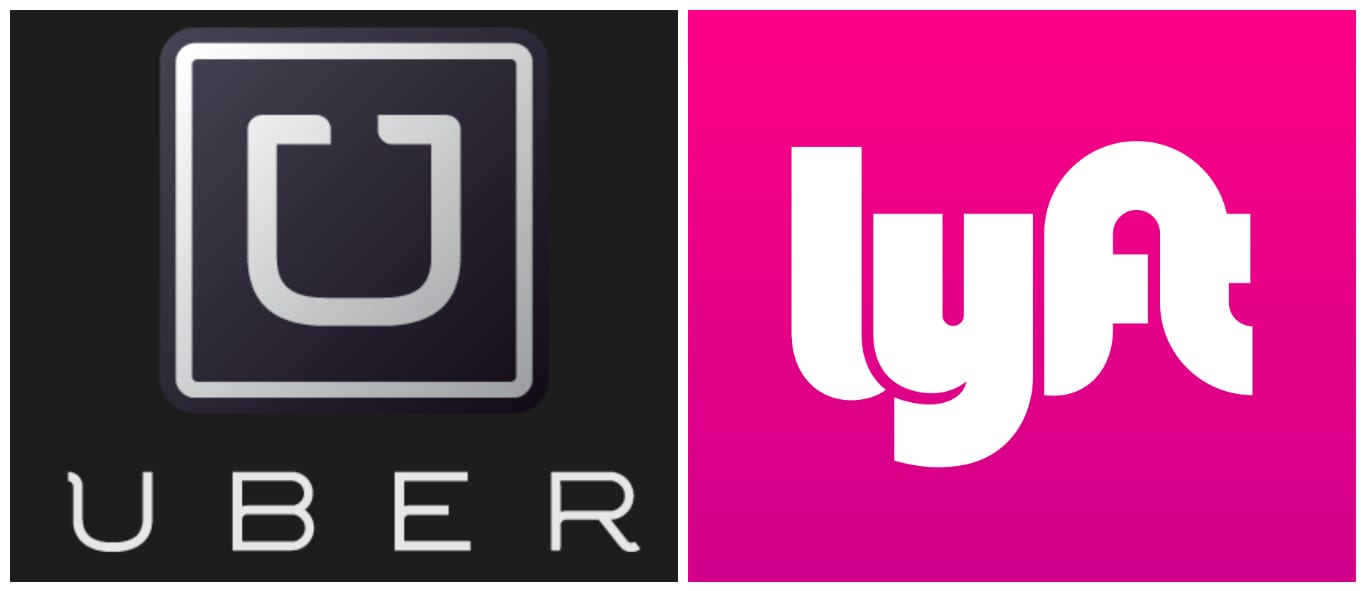If you have ever found yourself curling your toes and grabbing for a hand-hold while riding in an Uber or Lyft rideshare, you may have wondered just how often rideshare drivers are involved in auto accidents. Oddly, while there is plenty of data regarding taxi accidents, there is virtually none on Uber and Lyft drivers—possibly because rideshares are a relatively new trend, or possibly because the companies do not want that information made public. However, particularly in large cities, the number of Uber and Lyft drivers on the roadways means accidents and fender benders are bound to happen.
If you have ever found yourself curling your toes and grabbing for a hand-hold while riding in an Uber or Lyft rideshare, you may have wondered just how often rideshare drivers are involved in auto accidents. Oddly, while there is plenty of data regarding taxi accidents, there is virtually none on Uber and Lyft drivers—possibly because rideshares are a relatively new trend, or possibly because the companies do not want that information made public. However, particularly in large cities, the number of Uber and Lyft drivers on the roadways means accidents and fender benders are bound to happen.
Uber and Lyft Not Considered Commercial Vehicles
According to Chicago Police officer, Jose Estrada, if you are involved in an accident while in a rideshare vehicle, there is no check box on the accident report to indicate this. Although there is a check box for “commercial vehicles,” rideshare vehicles do not fall under this category. In other words, unless the officer notes that the vehicle is an Uber or Lyft in the narrative portion, nothing in the accident report would indicate that fact. If Uber and Lyft do track accidents, they are not forthcoming with that information.
What the two rideshare companies will say is that they carry an insurance policy which offers $1 million in coverage per incident, starting from the moment the driver accepts a trip, to the conclusion of the trip. What they will not tell you, is whether this coverage will actually help you if you are injured in an Uber or Lyft accident. There are also customer support teams available for Uber and for Lyft, in the event there is an accident.

San Francisco Man Walks Home After Uber Accident
One San Francisco man detailed a minor fender bender which occurred as he was getting a ride home in an Uber. He decided to walk home—after all, he was not driving or involved in the accident, and was not hurt—but said he was later contacted by the insurance company for his version of the accident. What if you are hurt in a rideshare accident? Individual states are currently struggling with this issue. New Jersey legislators addressed the issue very recently, coming up with a comprehensive set of standards.
As an example, if the driver is not logged into the ridesharing app, his or her personal auto insurance policy coverage will apply. If the driver is logged in, but not on the way to pick up a customer, the driver, the ridesharing company or a combination of the two must maintain specific auto insurance coverage. If the driver has a passenger under the Uber or Lyft ridesharing system, either the driver, the company or a combination of the two will maintain $1.5 million in coverage for death, bodily injury and property damage. New Jersey’s new laws eliminate much of the confusion regarding who pays for an injured passenger’s medical bills, preventing claims from being bounced back and forth.
What About Uber or Lyft Injuries in Ohio?
The Ohio legislature recently weighed in on the Uber and Lyft debate, passing a new bill which requires liability coverage be in place for any injuries sustained by passengers in an Uber or Lyft rideshare vehicle. Although Uber and Lyft drivers were always required to maintain their own insurance, this law will require an Uber or Lyft driver to carry primary auto insurance which recognizes the driver as one who uses a vehicle to transport passengers for compensation or the driver must have liability coverage through the transportation network company’s automobile insurance. The driver’s policy coverage must be in the amount of at least one million dollars for bodily injury or death. Beyond hoping for the best when you call an Uber or Lyft rideshare, if your Uber or Lyft driver is in an accident, and you suffer injuries as a result, the best thing you can do is call an experienced personal injury attorney who can help you obtain the compensation to which you are entitled.


Join the conversation!